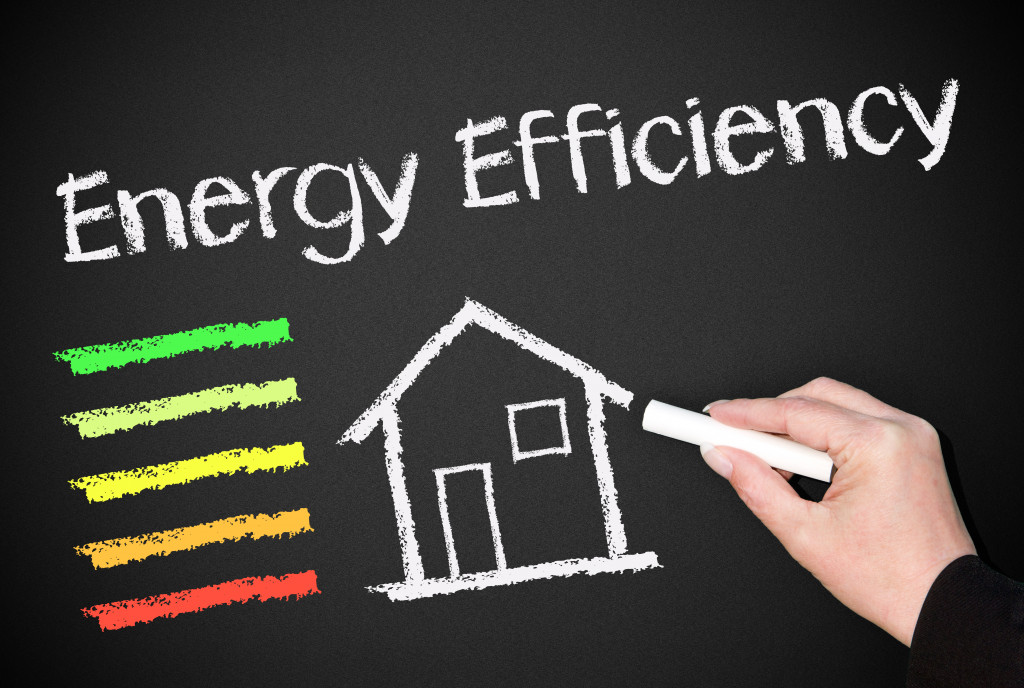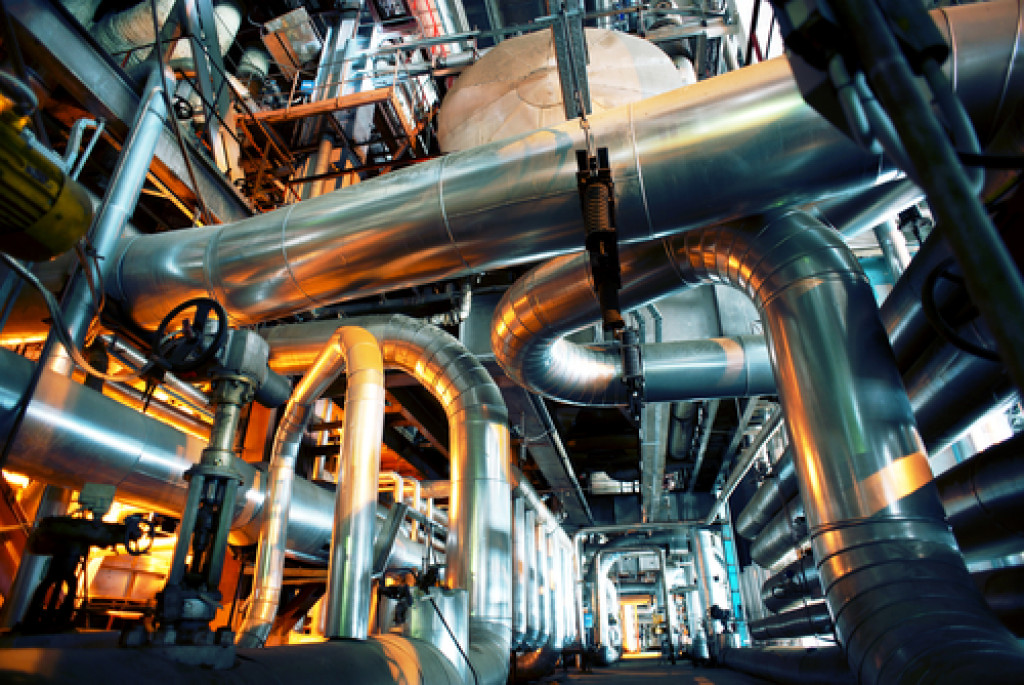- Location costs include rent, utilities, taxes, insurance and renovations.
- Energy costs include electricity, gas, water and other utilities.
- Employee costs involve paying wages and superannuation and offering health benefits packages when applicable.
- Maintenance costs are associated with equipment and machinery repairs as well as office repairs and cleaning services.
- Technology costs include website hosting fees, software licenses and hardware purchases, which can help streamline business operations.
Staying on top of your costs is important as a small business owner. With careful budgeting, you can ensure your business remains competitive and profitable. Running and growing a small business requires more than just sufficient capital and a great business plan. Here are five essential costs to watch when running an SME.
1. Location Costs
Where you decide to locate your business is a key decision. It affects both the cost of rent and utilities and customer access. Depending on your business type, accessibility may be a priority over cost savings, so choose your location carefully. In some cases, it might be worth investing in more expensive premises if there is high foot traffic or visibility in the area, which could benefit your business long term.
It’s also important to consider the cost of any renovations or improvements you need to make, as well as the insurance and taxes that come with leasing or renting office space. These costs can go quickly into your budget, and it pays to negotiate the best possible rates when signing a lease agreement. If you’re purchasing a space, then you should also remember to factor in interest rates against your business’s cash flow.
2. Energy Costs

Electricity, gas, water and other operational costs can quickly add up for a small business, especially if you run a manufacturing plant or an energy-intensive industry. Investing in energy-efficient technology and other green initiatives can help you save money both now and in the long run. Regularly comparing electricity providers ensures you’re getting the best deal for your business needs.
If you’re located in a country that goes through all four seasons, you’ll have to factor in heating and cooling costs, as these can be particularly expensive. It pays to look into alternative energy or heating providers if you’re in an area with extreme weather conditions. Patronizing an affordable and reliable boiler hire company can significantly reduce your energy and equipment costs. Utilizing temporary heating solutions can also be great for businesses with seasonal fluctuations in demand.
3. Employee Costs
Your employees are the lifeblood of your business, so it’s vital to ensure they are properly taken care of. Basic costs such as wages and superannuation must be carefully managed and monitored regularly; to ensure you’re paying your staff appropriately. It pays to review salaries from time to time and matches them with industry standards.
Employee benefits such as health insurance should also be considered when planning out your budget, particularly if you plan on retaining staff for the long term. There may be tax advantages to adding specific benefits packages, which could help offset some associated costs.
4. Maintenance Costs

Maintenance of equipment and machinery can be a considerable cost for any business, especially if you’re running an industrial operation or manufacturing products. Investing in quality equipment from the outset can save companies from costly repairs. Regular maintenance is also essential to keep operations running smoothly, so schedule time for servicing and ensure all machines are checked regularly. This will help extend their life cycles and reduce the need for expensive emergency repairs or replacements.
Other maintenance costs, such as office repairs and cleaning, should also be considered, as these can add up quickly. Maintenance contracts are a great way to spread payments out and keep costs under control, so consider them if you have the budget. Maintaining good relationships with suppliers and contractors will help you secure better deals.
5. Technology Costs
Technology costs include everything from website hosting fees to software licenses and hardware purchases. If you plan on investing heavily in technology, it pays to shop around for the best deals available and upgrade your systems regularly to stay ahead of the competition. You should also make sure to budget for any training needed to implement technology and additional staff members or external resources needed to provide adequate support.
Here are just some of the best technology investments to consider:
Accounting software
One of the necessities for any business is accounting software. Investing in a reliable and easy-to-use program can help you keep your books up-to-date and simplify the process of filing taxes.
CRM Software
Customer Relationship Management (CRM) software is essential for small businesses with customer service requirements. An effective CRM system will help you manage client interactions, streamline customer onboarding, automate marketing materials and more.
POS systems
Point of Sale (POS) systems are key to any retail business. It allows you to track sales, manage inventory and process payments quickly and easily so that you can focus on providing exceptional customer service. Today, POS systems are a must-have for any SME.
E-commerce platforms
Lastly, if you’re running an online business, then you’ll need to invest in an Ecommerce platform. This is the backbone of any online store and will help you easily track orders, manage shipping processes and create promotions.
To Wrap Things Up
Running a small business requires careful budgeting and monitoring of expenses to keep it profitable. By being aware of these five key costs — location, energy, employee, maintenance and technology — you can ensure that your business stays in the black and remains competitive. With the proper budgeting and strategies, your small business will surely thrive. Make sure to review your costs regularly and adjust accordingly.